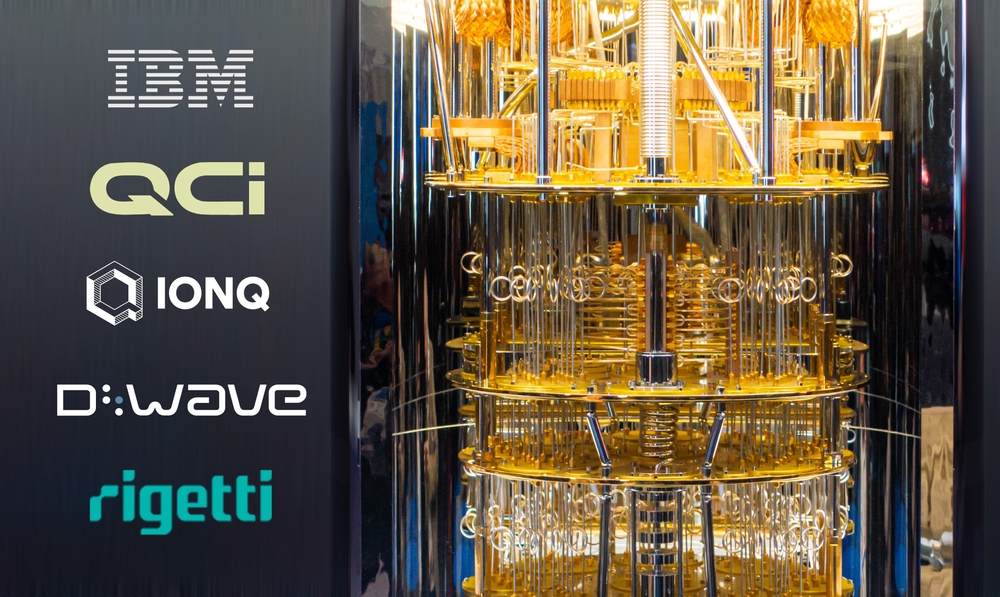
While quantum computers might be years (or even decades) away from commercialization, the sector appears to be finding a growing number of immediate use-cases with the government.
Of course, considering that the U.S. government was using the internet as far back as the 1960s — about three decades before it became commercially available to the general public — it’s not surprising that it would also be exploring the use of quantum computing when the technology is still in its early days.
Rigetti Computing (RGTI), one of the leading names among a burgeoning crop of quantum startups, announced on Thursday that it had secured a $5.8 million award from the Air Force Research Laboratory (AFRL) to advance superconducting networking with the military branch.
Rigetti will be working on the project in collaboration with QphoX, a Dutch quantum technology startup developing leading frequency conversion systems for quantum applications.
Interestingly enough, Rigetti notes that quantum networking “is being explored for its potential revolutionary use cases such as distributed quantum computing and developing a secure quantum internet.”
This means the government could be pioneering the use of a next-generation internet just as it did with the original one.
“By joining Rigetti’s leadership in designing, fabricating, and operating superconducting qubits with QphoX’s world-class transduction technology, and AFRL’s expertise in hybrid networked quantum systems, this is an exciting opportunity to advance superconducting quantum networking,” Dr. Subodh Kulkarni, Rigetti CEO, said in a statement.
He added that the AFRL’s support of the nascent technology “is important for the U.S. to maintain its global leadership in quantum information science.”
The company points out that one of the significant challenges to networking superconducting quantum computers is “the need to convert the microwave signals, which are used to control superconducting qubits, to optical photons that can travel along those fibers.”
This project will look to develop systems that can provide “entanglement between superconducting qubits and optical photons,” which is considered the crucial building block of quantum networking.
Rigetti’s shares jumped 12.5% on news of the award. Its stock has soared 62.1% for the year.
Working with governments across the globe
The company’s announcement of its award from the AFRL comes a day after quantum rival IonQ, Inc. (IONQ) said it has signed a memorandum of understanding (MOU) with the U.S. Department of Energy (DOE) to accelerate the advancement and deployment of quantum technologies in space.
IonQ will be demonstrating quantum ground-to-orbit-to-ground capabilities as part of the DOE’s Quantum in Space (QIS) initiative, which is the agency’s program aimed at studying and developing quantum systems and technologies.
But Rigetti isn’t only landing government partnerships at home: The company said earlier this month that it has signed its own MOU with the Centre for Development of Advanced Computing (C-DAC), India’s research & development (R&D) organization of the Ministry of Electronics and Information Technology.
Rigetti and C-DAC will be exploring the co-development of hybrid quantum computing systems to support India’s government laboratories and academics that are pursuing quantum computing R&D.
C-DAC is the nodal agency of the Indian government’s ChipIN initiative, which aims to strengthen its domestic semiconductor design capabilities.
Your email address will not be published. Required fields are markedmarked